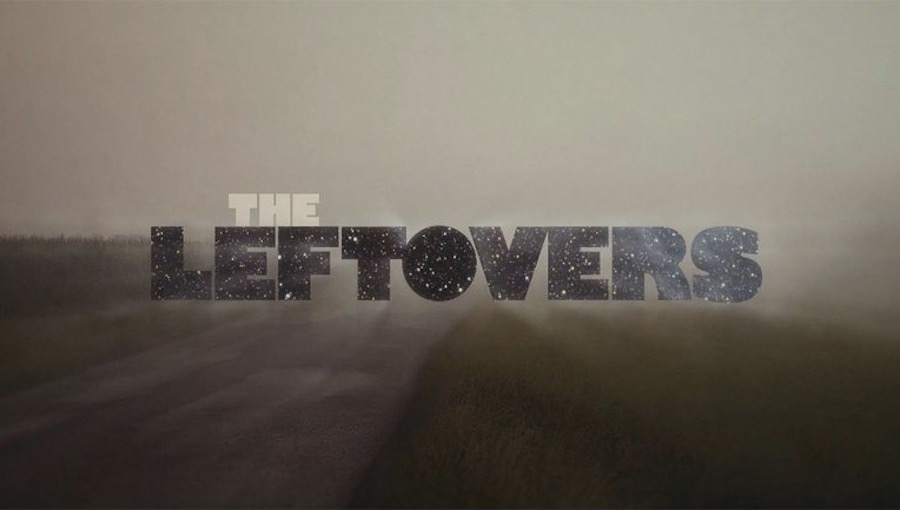With Thanksgiving fast approaching, we often find ourselves becoming more introspective, reflecting on the people and things for which we are thankful. As we at Fanbase Press celebrate fandoms, this year, the Fanbase Press staff and contributors have chosen to honor their favorite fandoms, characters, or other elements of geekdom for which they are thankful, and how those areas of geekiness have shaped their lives and values.
I started watching The Leftovers shortly after the series finished its run on HBO in 2017. I was a late viewer of the series, because, in spite of seemingly universal glowing critical reviews, the story centered around an event that seemed to me to be an alternate portrayal of the Rapture depicted in Christian scriptures, and I was frankly not interested in even a casual rehashing of the religious themes surrounding this “prophecy.” Thankfully, a number of personal recommendations from friends who shared this same concern alleviated my fears and led me to what would become one of the most valuable TV viewing experiences I have ever had.
I now rave about this show and include it at the very top of the list of my favorite TV shows of all time. I could spend all of this article extolling the various ways in which it excels… ambitious storytelling, stellar performances, powerful drama, and so on and so forth; however, I have come to realize that my love for this show cannot be explained simply in terms of critical appreciation. My connection to The Leftovers is profoundly personal, largely because my first viewing happened at a very specific time in my life.
In June of 2017, my mother was just a little over a year away from the end of her fight with cancer. The cancer and other illnesses had, by that time, left her mostly bedridden, in tremendous pain, and unable to eat without a feeding tube. Over the course of her decline, my father was her sole dedicated caregiver. I was 1,200 hundred miles away, making frequent trips as she cycled in and out of the hospital, endured radiation treatment, multiple surgeries, and never-ending attempts to manage her pain. In that final year, my mother was increasingly unable to communicate. Speaking was very difficult for her, and communicating over the phone became nearly impossible. Heavy doses of pain medication meant she slept most of the time. After every phone call, I wondered if that would be the last one.
In such circumstances, I suppose it would seem natural to seek out some form of escapist entertainment, which isn’t exactly how one would describe the somber tone and melancholy themes of The Leftovers. Why did I so obsessively binge this show in the midst of such turmoil and pain? At the time, I think I was only partly aware of how much the themes of the show were paralleling my personal experience. Looking back now, I realize that I was looking for a way to process the grief I already felt and the grief that was still to come.
The central event in The Leftovers is the “Sudden Departure:” an unexplained phenomenon in which 2% of the world’s population has disappeared. Those who remain (the titular “leftovers”) are left in a global state of existential angst. The characters we meet in the story are perpetually grieving. There are no bodies, no answers, and no closure to the trauma they have experienced. Many themes are explored over the three seasons of the show, but no topic is more minutely studied than the ways in which we cope with grief.

The Leftovers gives its audience an ensemble cast of grievers. Grief is the central motivating force for the actions of every character. In some ways, dealing with grief is a little like finding out you have split into multiple personalities. The connection I feel with these characters strengthens my connection to all of the very different aspects of my grief and with sometimes conflicting aspects of the coping process. The “stages of grief” – denial, guilt, anger, depression, and so on – are less a linear progression and more of a mixed up, unpredictable stew. In some cases, certain characters strongly represent certain aspects of this spectrum of sorrow, but, in most cases, they are dealing with a wild mix of emotions, both collectively and individually. They are on the road to recovery, but it is a dark and meandering path with unclear road signs.
And it is precisely this messy depiction of grief and recovery that I am so thankful for in The Leftovers. It reassures me that my own messy coping process is normal. Grief is part of my make-up. It will never entirely leave me. The pain and anger and guilt flare back up with no warning and with ferocious intensity. I do not have to impose any harsh deadline on myself for “getting better.” It is okay to continue to work through my pain.
In the final episodes of the series, we find our cast of characters still figuring out how to cope. This sounds bleak, I know. But the show ends in the most hopeful way possible: by giving each of its characters permission to do what they feel is right for them. Perhaps the most difficult part of recovery is the judgment we impose on ourselves for not doing it the right way or in the right time. The Leftovers reminds us that there is no such thing.
I will never stop being thankful for that reminder.

